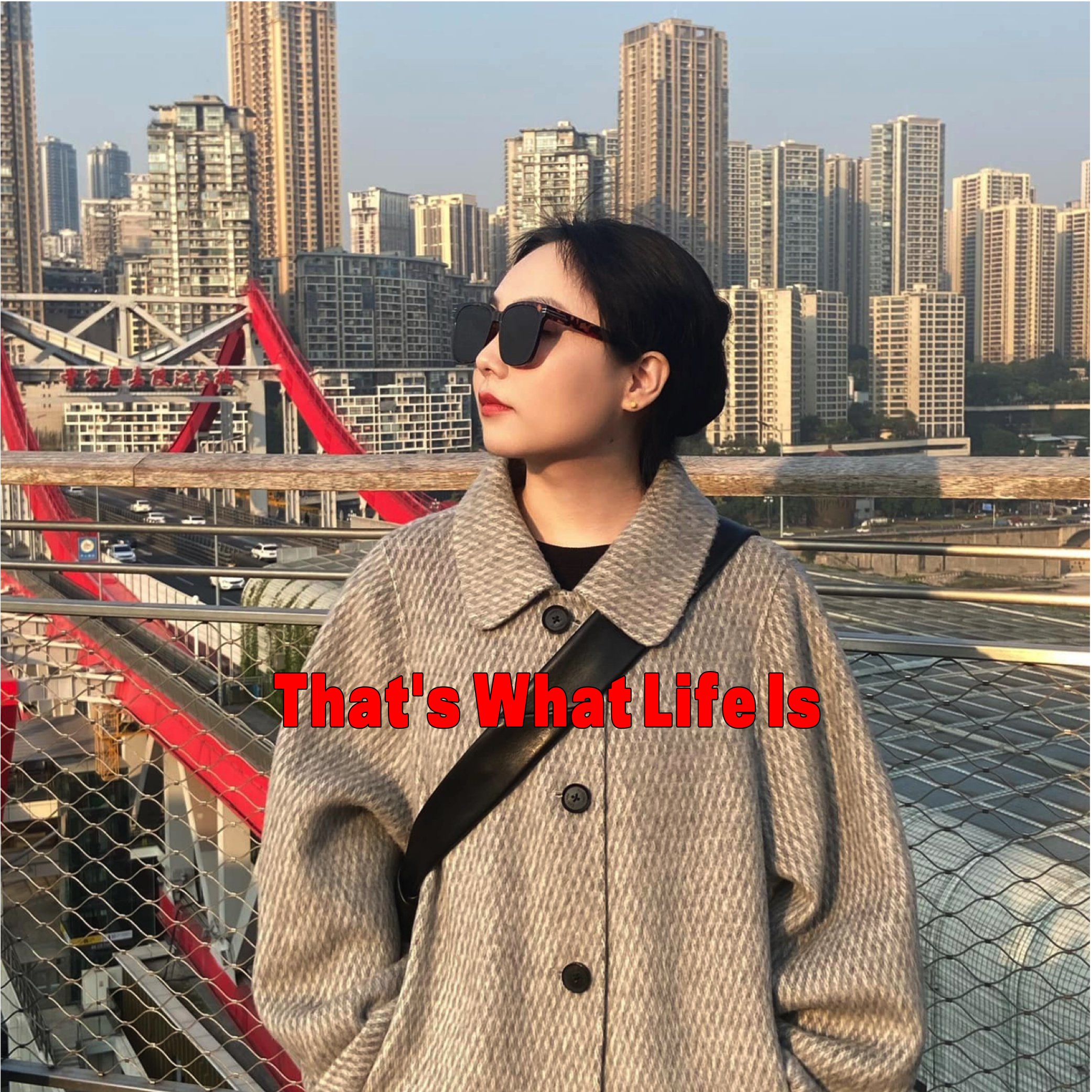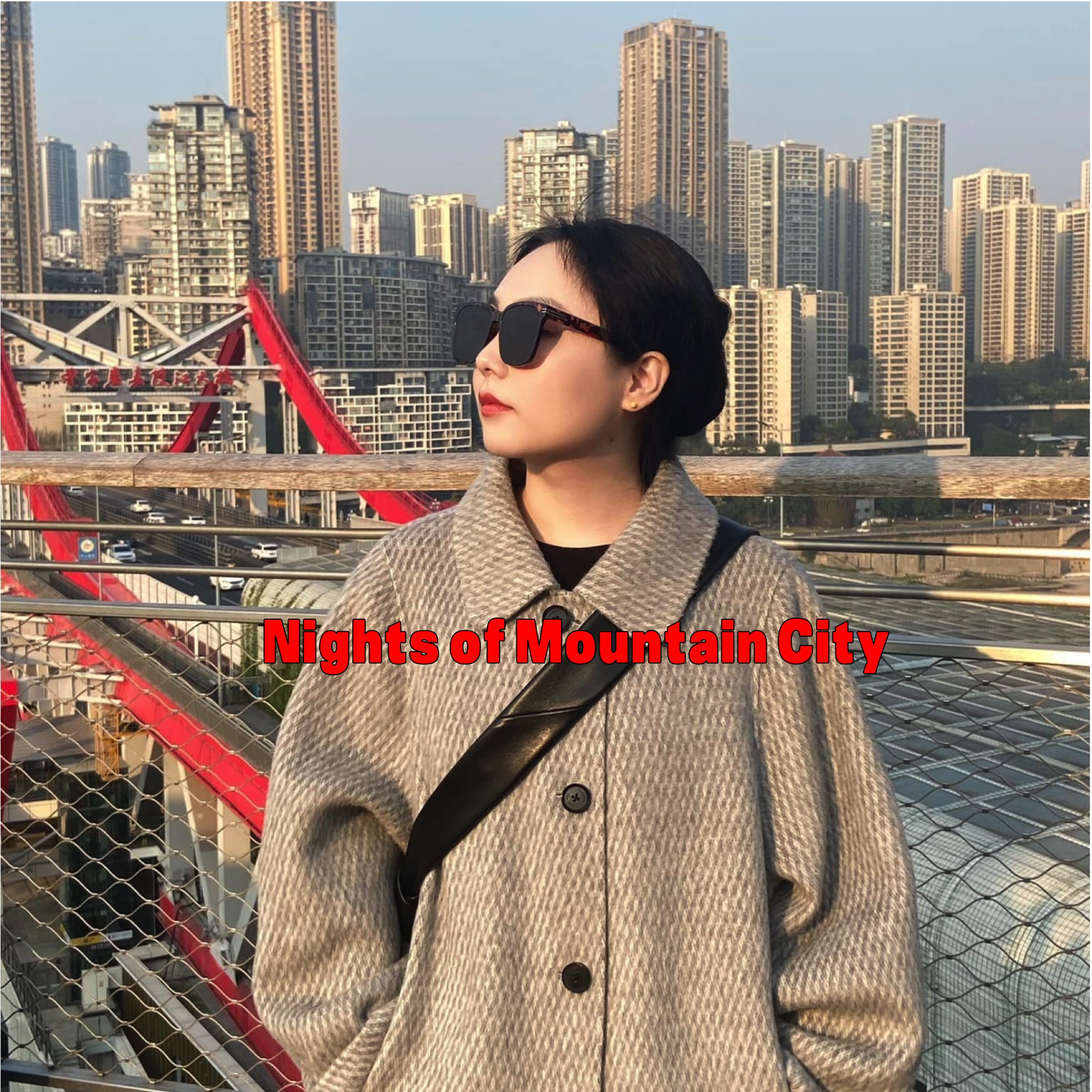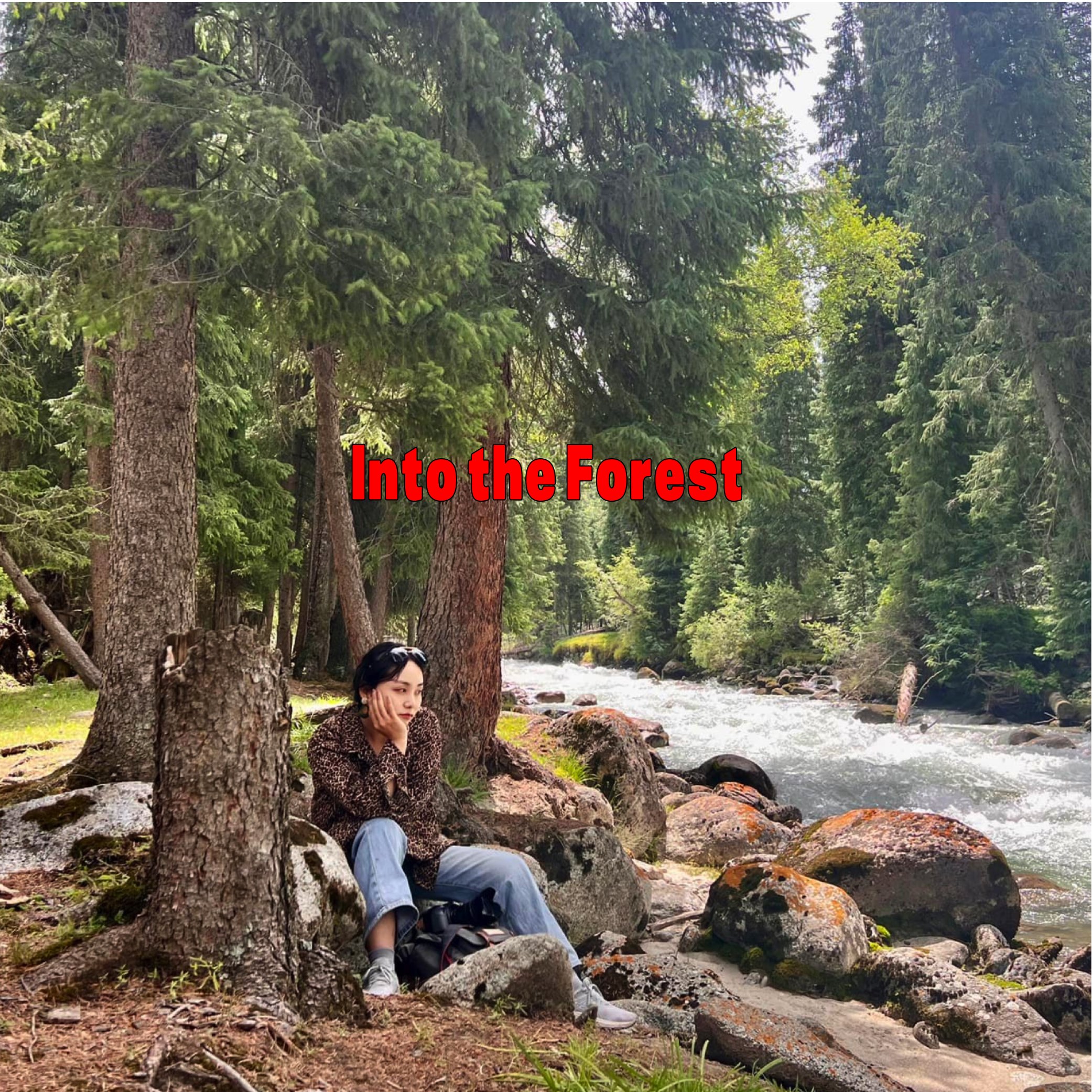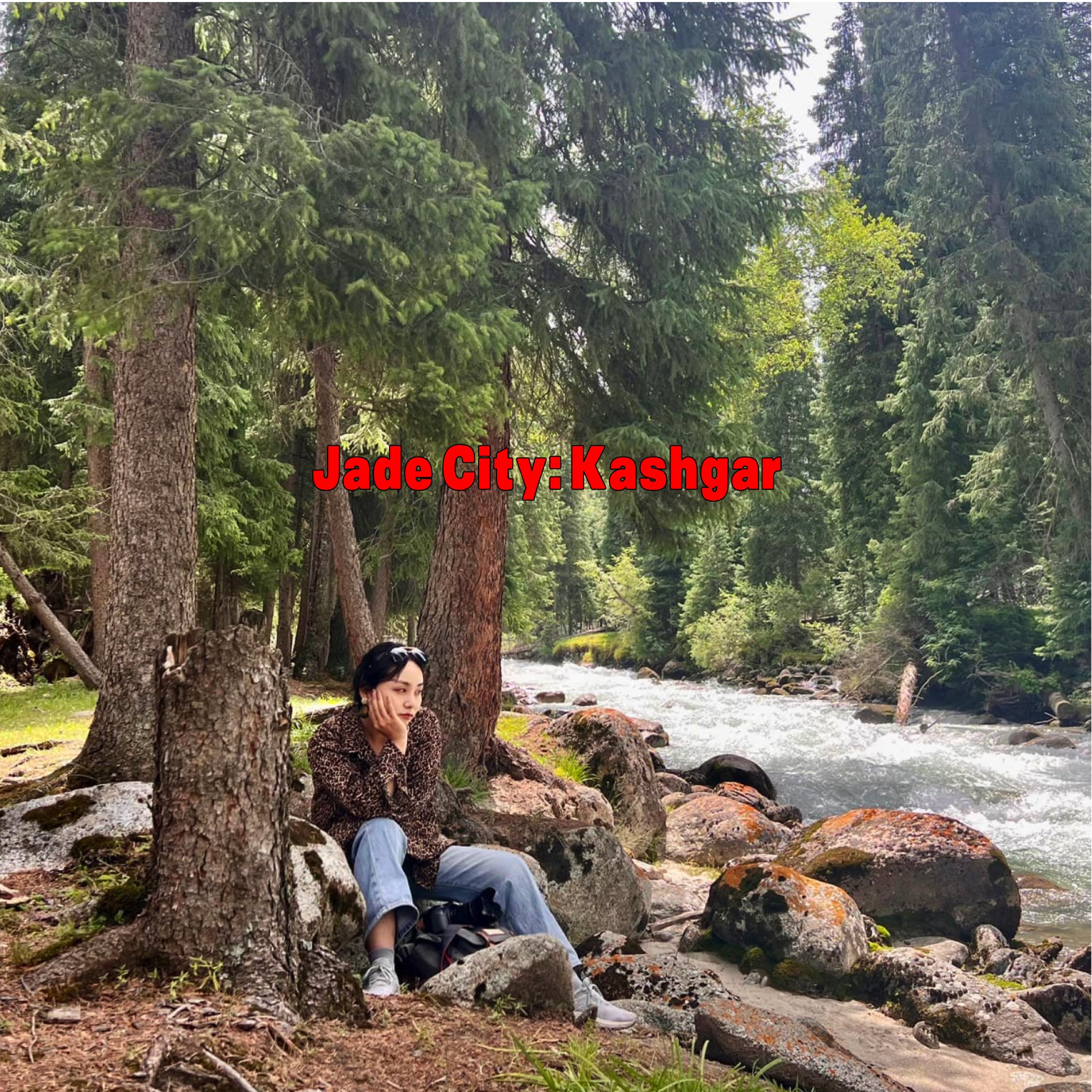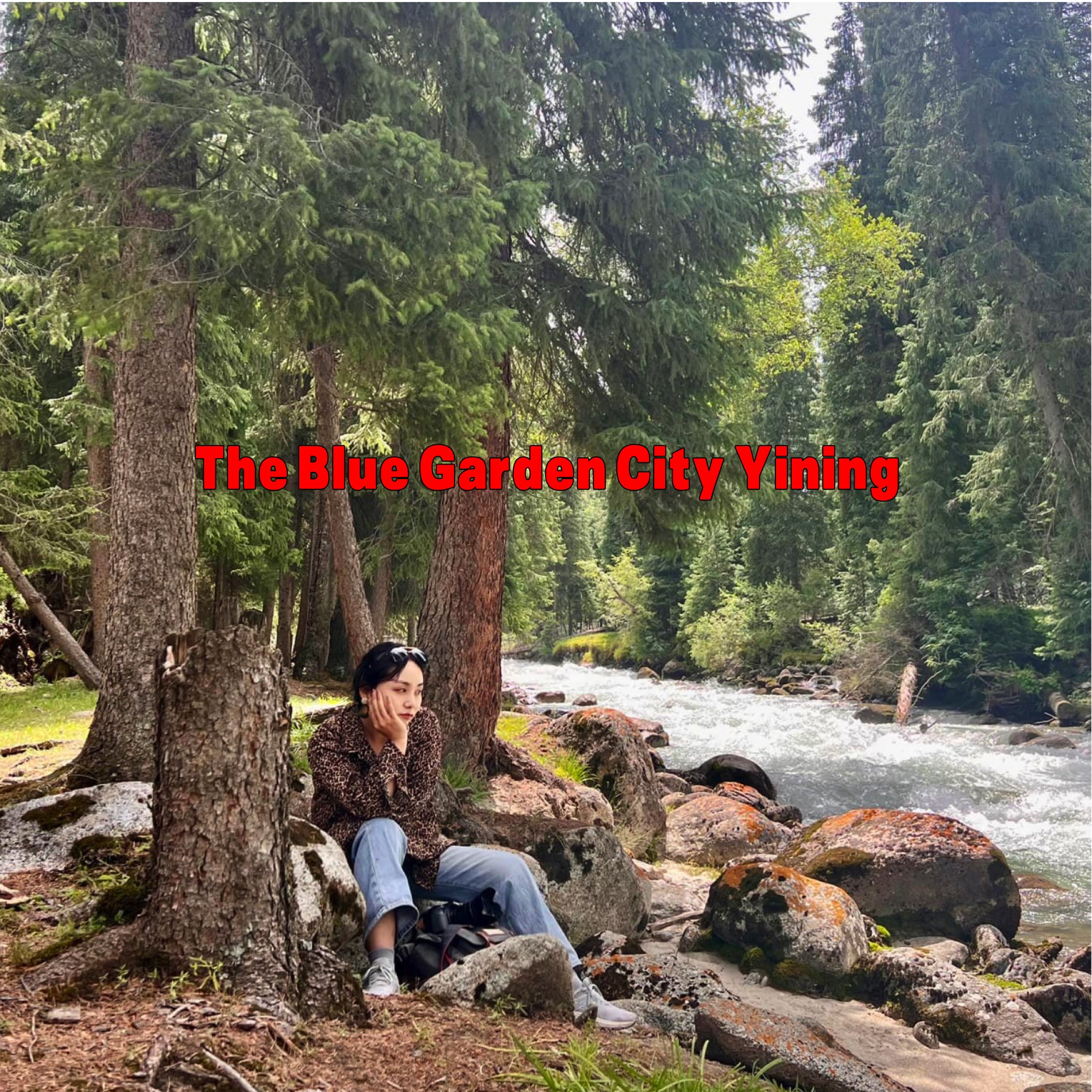My City: A Chongqing Story
That's What Life Is
Chongqing is often described as a city that embraces relaxation and self-indulgence. The faces here reflect simplicity and honesty, while their speech brims with directness and sincerity. People from all walks of life can naturally and authentically be themselves within this city, savouring genuine excitement and joy. Here, the burdens of life seem to dissolve under an invisible enchantment, allowing those who stroll through its streets and alleyways to find a harmonious balance between the harshness of reality and the allure of a beautiful escape.
In the bustling streets, light rail stations, and air raid shelters; in serene parks, charming teahouses, and alongside flowing rivers—one can always find people immersed in games of mahjong, cards, or chess. Whether gathered around a sturdy table or spreading out on simple cardboard, whether perched on a chair or seated on the ground, a vivid story unfolds when a mahjong set, a deck of cards, or a Chinese chess set appears. When conventional game tools are absent, imagination takes over—stones become chess pieces, and the spirit of the game endures, undeterred by limitations. These seemingly ordinary activities are intricately woven into the fabric of life in Chongqing, embodying leisure and a rhythmic harmony that shapes their daily existence. They softly resonate with the city’s temperament, mirroring the vibrant character of its citizens.
Yet, beneath the surface of these seemingly carefree pastimes lies a reality far more intricate and profound. Here, resignation and anxiety dance hand in hand, as laughter masks unspoken pain. In this world, fortunes of money and wisdom hang in the balance, but beneath the frenzied bets and calculated moves, deeper emotions simmer. Behind this façade, people bear the weight of monotonous existence, the gnawing desire for wealth and power, the tangled knots of unresolved family conflicts, and a deep-seated doubt about their own worth, slowly eroding their spirits with each passing day. Shame and jealousy weave their way into the fabric of the game, as some harbour resentment from losses, while others are consumed by fanaticism born of victory. With every flip of a card, every calculated move, and every jest, the subtle art of calculation lingers in the air. The frenzied bets and intense confrontations mirror the delicate and complex emotional ties that bind them—a dance of friendship and rivalry, of connection and quiet alienation.
“Could A Child Go To School?”
In the arc-shaped corridor of the last century, the crisp and lively collision sounds of mahjong echoed like light music, softly seeping through the cracks of several closed, dilapidated doors. Narrow tables and gas canisters still lingered beside a few doors, while an iron pot, blackened by age and oil smoke, hung from the mottled wall.
At the end of the corridor, a door gently creaked open, and a young woman stepped out slowly. Her silhouette looked somewhat lonely in the corridor of light and shadow, framed by a curved window adorned with lively “national makeup artist competition” posters. She sat down, holding her breath slightly, and answered the phone with trembling fingers. “Could a child go to school without
vaccination?” Her voice barely rose above a whisper, tinged with frustration and anxiety. As the call progressed, her expression grew increasingly solemn. She listened intently to the other party’s response, her brow furrowed, palms moist with sweat.
Her gaze drifted to the open garden, where green trees swayed gently in the breeze. Her mind quivered like the leaves on the branches, carrying her thoughts to the school, where she imagined the little one running and laughing. Yet, silence prevailed on the other end of the line, and her eyes flickered with a sense of loss and helplessness.
Suddenly, with a thud, the iron door at the other end of the corridor slammed shut, breaking her reverie. She snapped back, took a deep breath, and tried to calm her mind before rising to walk toward the tearoom. The door of the tearoom was partially covered, revealing several tables of men and women engrossed in their game of mahjong. Their hands danced, and the collision sounds were accompanied by bursts of laughter. She sat in a corner, her right hand resting on her chin unconsciously, her eyes wandering, her left hand constantly swiping at her phone. The suspense of her child’s fall enrollment lingered like a light cloud in the air, drifting just beyond her reach, no matter how hard she tried.
“I Wasn’t Like This Before!”
Near lunchtime, the air was thick with steam, as the distinctive scent of the old house mingled with the aroma of cooking, creating an inexplicable blend of warmth and desolation. Two men emerged from a dilapidated teahouse; one wore an expression of ease, while the other appeared visibly anxious.
“I wasn’t like this before!” said a middle-aged man in a white leisure suit. He dragged his weak right leg, slightly raised his head, and frowned. His voice was tinged with helplessness and anxiety, carrying a plea in his eyes, as if he were seeking understanding and comfort from the man beside him.
“I used to work on the construction site, moving bricks...” He paused, seemingly lost in thought, his face etched with remorse. “Then my leg got injured. But you know, it’s not easy to find a job. People are reluctant to hire me when they see how I walk.” His voice trailed off, wrapped in a sense of resignation.
“So...” The man in white turned slightly sideways, his tone growing more excited. “I had to come here to play cards just to earn some living expenses.” Reflecting on it, he added, “There’s not much to look forward to, playing cards all day. I’m not really addicted, you know.”
He sighed and lowered his head a bit, as if reproaching himself. The man next to him patted him on the shoulder and said encouragingly, “Dude, don’t lose heart. There’s got to be a way.”
“We're Out Of Work!”
On a stifling, sweltering afternoon, I meandered toward a relic from the last century—a building steeped in history yet crumbling under the weight of time. Upon reaching the old door, I found it barricaded and worn, as if guarding its secrets from the world. My heart, heavy with worry and loss, reluctantly descended the hill, a shadow of dejection trailing behind. As I walked, the faint sound of cards slapping against a table echoed in the street, beckoning me closer.
At first glance, a lively scene unfolded, featuring eleven experienced players—men and women of middle age or older—gathered around two modest tables. Their presence wove a rich tapestry of shared experiences. The players maintained calm expressions, carefully concealing their cards from one another. Onlookers watched with bright, curious eyes, attempting to decipher the players' strategies. Yet, amidst this tranquil atmosphere, an occasional whispered curse revealed the hidden stakes of their friendly competition.
I raised my camera and slowly zoomed in on the group. Just as I was about to press the shutter, their eyes suddenly turned toward me in unison, a mix of unease and shyness typical of being observed by strangers.
During this brief silence, a woman with a round fan softly broke the stillness. Her voice, light yet carrying a subtle heaviness, said, “We’re out of work! There’s nothing to shoot!” These words slipped gently into the locked chamber of my heart, revealing the stress and self-doubt that accompany unemployment.
This year’s economic situation is dire, like a sudden storm that has swept away the livelihoods of countless people and cast a deep shadow over the hearts of both the young and middle-aged. For those who have lost their jobs, society’s judgment, the struggle to regain a sense of self-worth, and uncertainty about the future weave an invisible web of despair. This net imperceptibly ensnares their lives and spirits, bringing with it a profound sense of repression. In this difficult environment, guilt silently rises, acting as an inner critic, causing many unemployed individuals to question themselves constantly: Why am I in this situation? Am I truly so insignificant?
I regained my composure and explained, “I just want to capture this old street and you at this moment, if that’s okay?”
Her eyes twinkled slightly, as if she had dropped some kind of defense in an instant. “Go ahead and capture it! ” she replied, then turned her head back to focus on the game. This subtle flicker of her eyes, I like to think, glimpsed the stillness of life at that moment, touching on the layer of truth behind what society habitually overlooks. In the frame of my camera, they transcended the label of “unemployed” and became ordinary people with flesh and blood, laughter and tears, pain and hope. Every moment of their lives deserves to be recorded; every story should be seen.
She Won!
The afternoon at the wholesale market gradually quieted, as if the bustling day had gently dissipated. Yet, in a hidden corner, three tables were surrounded by people, seemingly isolated from the tranquil outside world. At the first table, a woman clutched two cards as if holding a scepter of ultimate power. Her eyes twinkled not only with excitement but also with an indefinable passion to conquer the world.
With a sudden sweep of her hand, the cards were slammed onto the table with a resounding “snap,” like a beast unleashed. The sound not only split the air but also pierced the ears and hearts of the onlookers. The slight upturn of her mouth announced her moment of triumph, her heart crying out in victory, sensing that success was near. Her opponents—three men—felt their hearts shaken by the gravity of the decision. Every hesitating second posed a question of fate, a meditation on desire. In the end, they reluctantly placed their cards on the table. This act was not merely the laying down of cards but the surrender of hope, a lament for the loss in the game of self.
At the back table, the majesty and coldness of a middle-aged man resembled that of a stiff, awkward sculpture. With one hand in his trouser pocket and the other casually swinging at his thigh, he seemed to be a transcendent being, aloof from the world around him. But was he as calm inside as he appeared outside? Perhaps the hand in his pocket was tightly clenched into a fist, every nerve secretly tense, every muscle silently battling the omnipresent uncertainty—the illusion of life as a play.
The men, of all shapes and sizes, shared the same sense of unease and expectation. Some crossed their arms over their chests, a gesture to steady their wavering hearts. Another man smoked a cigarette, each exhale of smoke seemingly releasing some inner urgency. Others looked down at their cards, silently calculating as if to resist the fear of the unknown. Everyone sought their own existence in the game, where every step could be a turn of fate and every decision a fissure in the heart.
Between the quiet and the noise, amidst the tables and the market, people engaged in the most primitive form of gambling to reveal the tragedy and comedy of the human heart and the fate of individuals. Behind every decision lay hopes, fears, losses, and pursuits, as if every person were a game and every game a life without an end.


























































